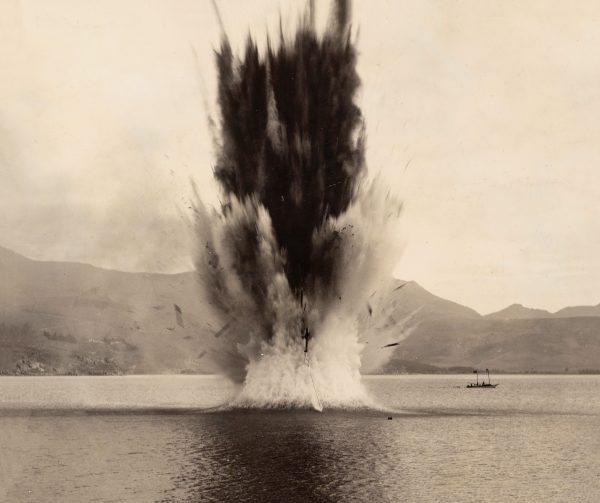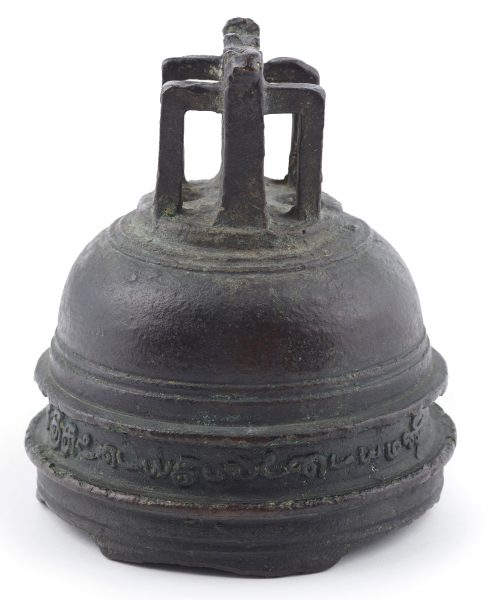Rather Camp
Caravantasic holidays

The emergence of a camping culture in New Zealand was inextricably linked to car ownership; with a set of wheels, you could load up the car and explore the countryside. By 1927, the country had roughly one car to every eight adults, which was high by world standards, and so New Zealanders took to the road and began gathering in makeshift camping grounds, usually on public land near the sea.
Tents were usually large heavy canvas things and were complicated to put up—this was rarely achieved without considerable conflict between the primary caregivers. The tents invariably leaked. Caravans began to creep into the market from the late 1920s, providing a more up-market alternative for those who didn’t want their “back to basics” holiday to be that basic. Tanner Trailers, which operated from a base in Eden Terrace, Auckland, was one of the country’s pioneer manufacturers and promoted caravanning in the health-conscious spirit of the times: “Caravanning is a rest cure for mind and body…an investment in joyous freedom and healthful living.”
By the 1950s, caravans were so popular that a network of campgrounds had sprung up to accommodate them, as had a number of caravan manufacturers and caravanning clubs. That was before the Muldoon government wrecked everything. “Ask anybody in the caravan industry what was the defining moment…and they will tell you that it came in May 1979,” writes Chris Hunter, in Vantastic: A Pictorial History of Caravans in New Zealand. “Without the slightest warning, the Muldoon government slapped a 20 per cent sales tax on caravans and virtually destroyed the entire industry overnight.”
Despite a recent renaissance of caravans, partly as collector’s items, they are generally left at permanent sites rather than towed all over the country, while more mobile travellers have turned instead to campervans or luxurious motor homes. But according to those in the campground industry, business is booming, and this year more than ever—presumably those who might have gone overseas for Christmas in previous years have wised up to the merits of a budget-conscious break.
Those willing to peg out can now do so with gear such as self-erecting tents, pop-up shower cubicles and self-inflating mattresses, designed to make everything as effortless and comfortable as possible. But in most ways the camping experience has changed little. At Christmas time you’d be advised to take your earplugs if you don’t want to hear the neighbour’s snores, the sand still gets in the sleeping bag and it’s not much fun when it rains. But the kids will love you for it, and will be grateful for the memories.

















